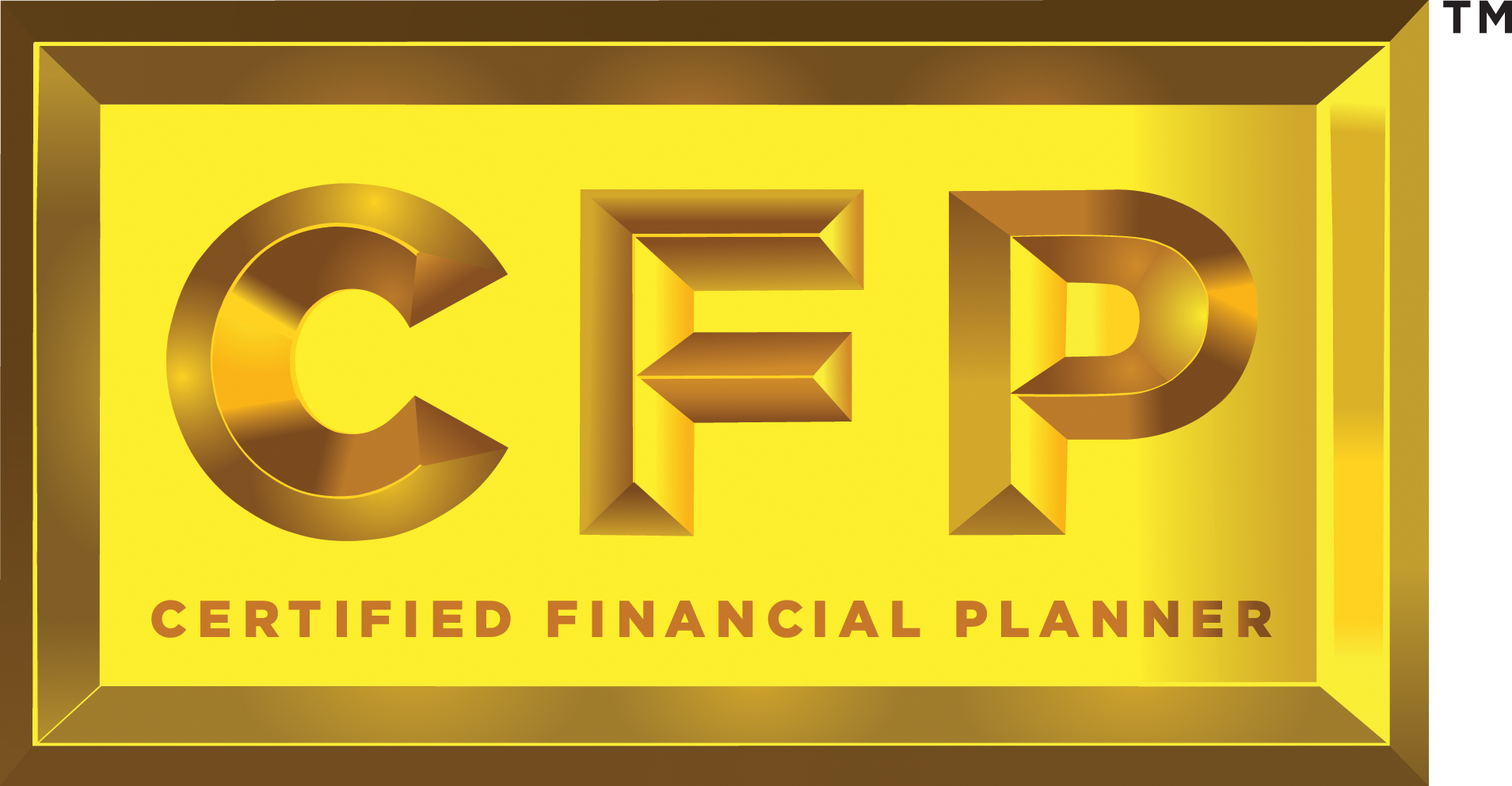
Is your financial planner a CFP® professional?
By Scott Dawson, MS, CFP®
Did you know anyone can use the title financial planner and not all financial planners are certified? Only financial planners who have the CERTIFIED FINANCIAL PLANNER ™ or CFP® designation are actually certified. The CFP® certification is the gold standard in the industry and only planners who have fulfilled the certification requirements of the CFP Board can claim to be a CFP® professional.
To be a CFP® professional, a planner must abide and complete the four requirements known as the 4 E’s, which are Education, Examination, Experience, and Ethics.
Education
CFP® professionals must complete financial planning coursework through a college or university’s financial planning program as a prerequisite to taking the CFP® exam. The required coursework includes financial planning, insurance, retirement planning, employee benefits, investments, estate planning, and income taxes.
Examination
After completing all the financial planning coursework, the next step is taking the CFP® exam. The CFP® exam is a rigorous, comprehensive 6 hour exam covering the financial planning coursework with case studies and questions to ensure that the planner has the knowledge and is highly qualified to help a client with their finances.
Experience
In additional to completing the education and exam components, CFP® professionals must have at least three years of financial planning-related experience. This ensures the planner has real life practical client experience with the theoretical knowledge from their coursework to help clients develop a financial plan based on their individual needs.
Ethics
CFP® professionals are also held to the Standards of Professional Conduct as outlined by the CFP Board. Planners are obliged to uphold the principles of integrity, objectivity, competence, fairness, confidentially, professionalism and diligence as outlined in CFP’s Code of Ethics. The Rules of Conduct require CFP® professionals to act in the best interest of their clients. The CFP Board has the right to revoke the use of the CFP® certification for the violation of these standards.
To maintain the CFP® certification, a planner must complete 30 hours of continuing education every two years, which includes 2 hours of ethics. This is critical to keep up with the ongoing changes in the industry.
When looking for a financial planner or advisor, I always recommend confirming that your planner has the CFP® certification.